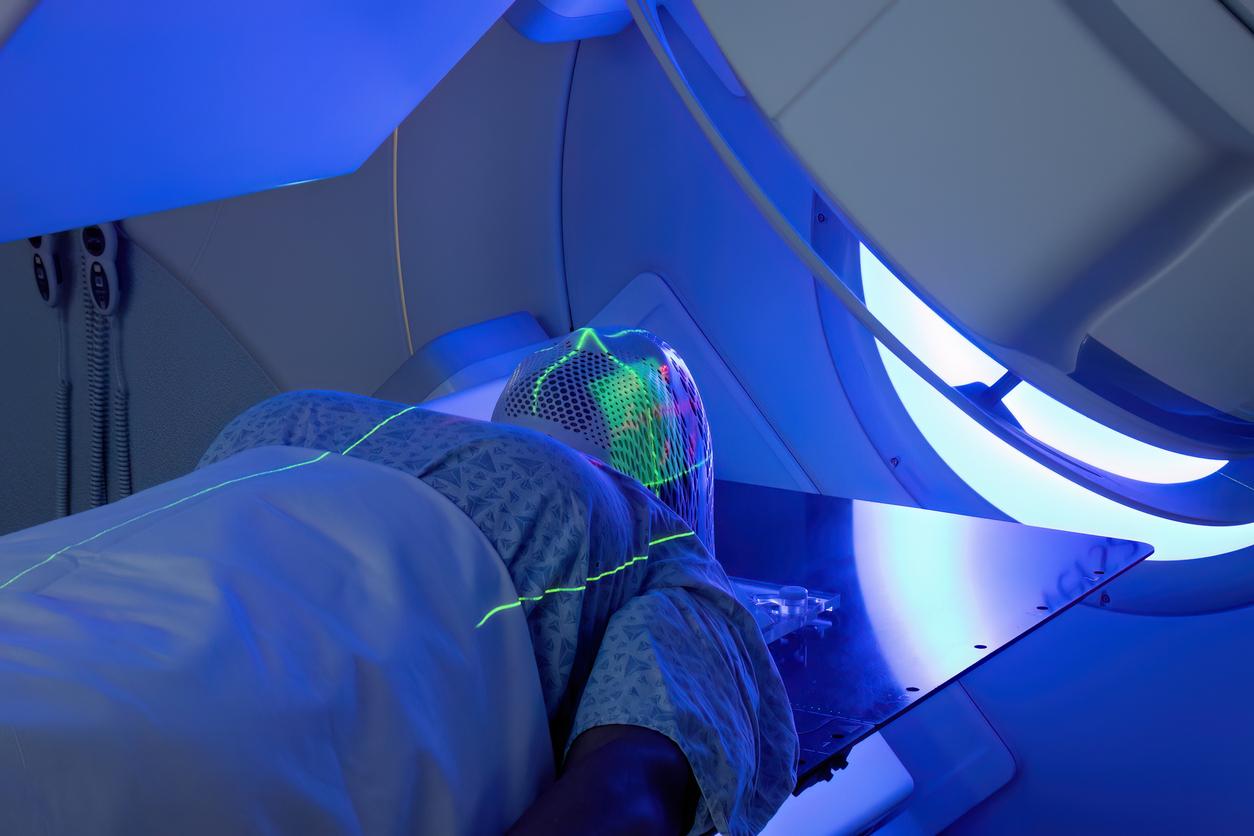Shed light on nine cases of pediatric cancers occurring since 2015 in the small town of Sainte-Pazanne, in Loire-Atlantique. This is what Public Health France will try to do through an epidemiological study. Indeed, according to Destination Health, the national public health body was contacted by the Regional Health Agency (ARS) Pays de la Loire. “The first conclusions will be made in the fall of 2019”, said the latter.
On February 25, 2019, three cases of pediatric cancer, including two acute leukemia, were reported to ARS Pays de la Loire. These reports are in addition to the six already established in the town, including four acute leukemia, which had already been investigated in 2017. In total, nine cases of cancer in children and adolescents aged 3 to 19 were registered in the municipality of 6,300 inhabitants. Three young people even died.
No known cause
At the time, the works had “Concluded to an excess of cases of leukemia over 2 years among children under 15, compared to data observed in previous years in this same sector, indicates the regional agency. Analysis of environmental risk factors did not show a predominant cause ”. The collective “Stop the cancers of our children”, just formed by worried parents, do not advance either on the possible causes at play.
“Although 90% of acute childhood leukemias are today without a known cause and the risk factors linked to cancers can be multiple, the ARS has decided to continue the investigations”, thus continues the health organization. For its part, Public Health France has confirmed that “The teams of epidemiologists will immediately begin the necessary investigations and studies”, specifying that “The work of the agency will be made public”.
According to the National Cancer Institute, approximately 2,550 new cases of cancer are diagnosed in children and adolescents each year in France, including 29% of leukemia. In Sainte-Pazanne, they are twice as numerous as anywhere else in France.
Read also :
- Childhood cancer: almost half of cases go undiagnosed
- Childhood cancer: further progress!

















